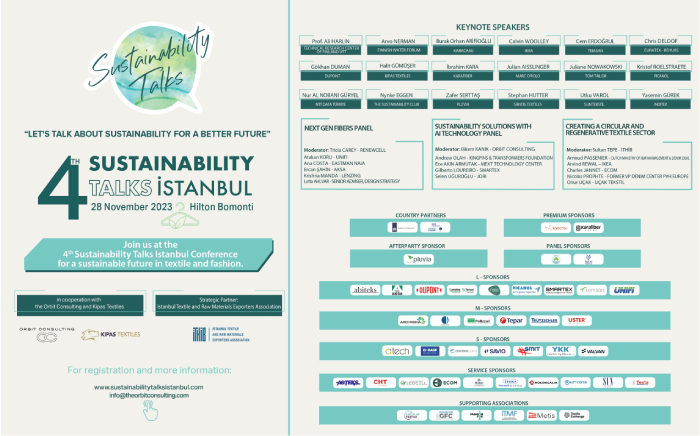While greenwashing has garnered significant attention, two other related practices, greenhushing and greenwishing, are also worth exploring.
Greenhushing: The Silent Treatment
Greenhushing refers to a company's decision to withhold or underreport information about its environmental or social performance. This can be a strategic choice to avoid negative publicity or to protect competitive advantage. However, it also limits transparency and hinders progress towards a more sustainable future.
Key characteristics of greenhushing include:
•Avoiding disclosure: Companies may choose to omit information about their environmental impact, supply chain practices, or social initiatives.
•Lack of transparency: Stakeholders have limited access to information about a company's sustainability performance.
•Hindering progress: Without public scrutiny and accountability, companies may be less motivated to improve their environmental and social impact.
Greenwishing: Good Intentions, Limited Action
Greenwishing occurs when a company sets ambitious sustainability goals without having a clear plan or the resources to achieve them. It often stems from a desire to appear environmentally conscious but lacks the necessary follow-through. While not intentionally deceptive like greenwashing, greenwishing can still erode trust and damage a company's reputation if it fails to deliver on its promises.
Key characteristics of greenwishing include:
•Ambitious goals: Companies set lofty targets without a clear roadmap to achieve them.
•Lack of concrete actions: Limited progress is made towards stated sustainability objectives.
•Potential for reputational damage: If a company fails to meet its goals, it can lead to negative perceptions and loss of trust.
To build trust and credibility, companies should strive for transparency and accountability in their sustainability reporting. By providing clear and accurate information about their environmental and social impact, businesses can demonstrate their commitment to a sustainable future.

 Back to Blog
Back to Blog











